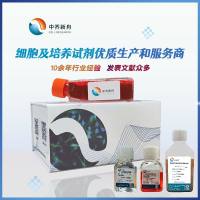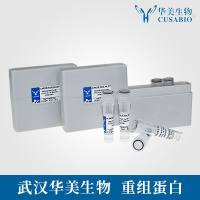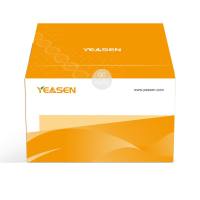Isolation, Culture, and Plant Regeneration From Leaf Protoplasts of Passiflora
互联网
571
The family Passifloraceae contains many species exploited in the food, pharmaceutical, and ornamental plant industries. The routine culture of isolated protoplasts (naked cells) followed by reproducible plant regeneration, is crucial to the genetic improvement of Passiflora spp. by somatic cell technologies. Such procedures include somatic hybridization by protoplast fusion to generate novel hybrid plants, and gene introduction by transformation. Seedling leaves are a convenient source of totipotent protoplasts. The protoplast-to-plant system developed for Passiflora edulis fv. flavicarpa is summarized in this chapter. The procedure involves enzymatic degradation of leaf tissue using commercially-available Macerozyme R10, Cellulase R10, and Driselase. Isolated protoplasts are cultured in Kao and Michayluk medium, semi-solidified with agarose. The medium containing the suspended protoplasts is dispensed as droplets or thin layers and bathed in liquid medium of the same composition. Shoot regeneration involves transfer of protoplast-derived tissues to Murashige and Skoog-based medium. The protocols developed for P. edulis are applicable to other Passiflora spp. and will underpin the future biotechnological exploitation of a range of species in this important plant family.









